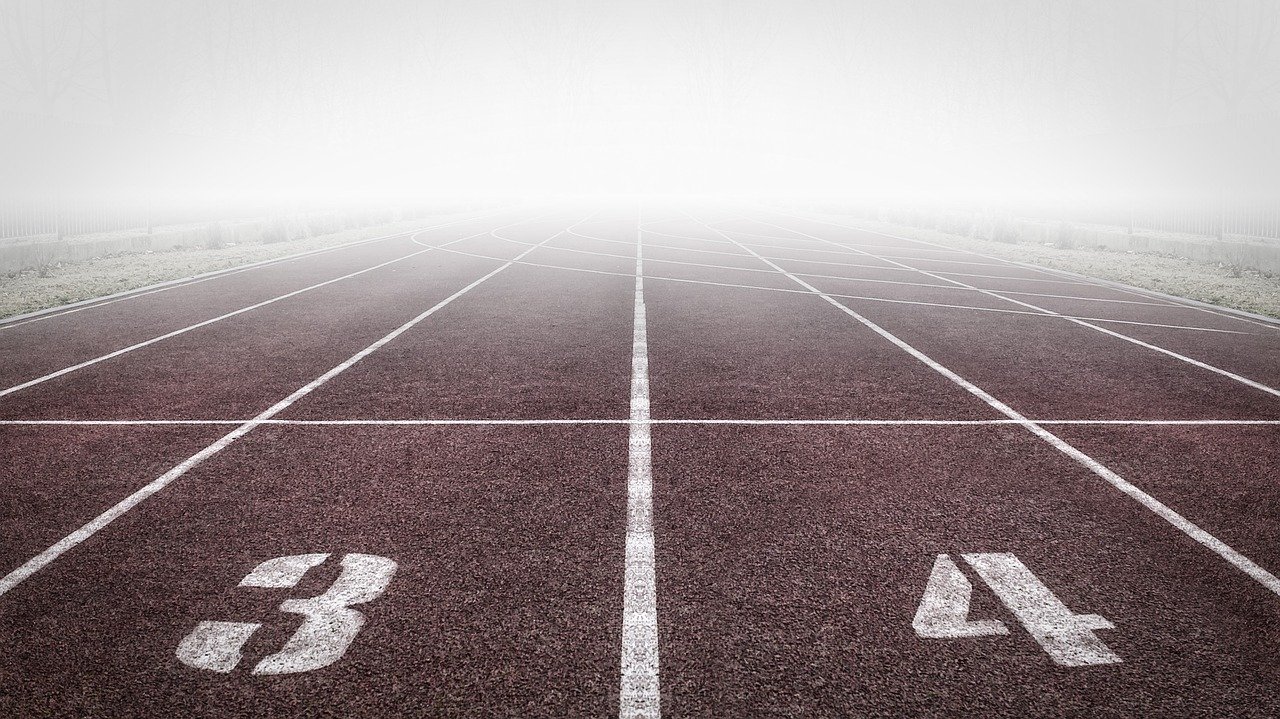The Performance Mentor
Sports and Fitness Resource Guide
Title: Sports and Fitness Resource Guide
Description
Everyone wants to live a healthy lifestyle and get fit, but some doesn’t have any idea on what type of fitness activity they should do. Luckily, we have made this article just for you. In here you will find the different type of sports and fitness activities, their differences and how they all work.
If you are into dancing, music, or acting, you might want to check these links out.
Body Conditioning: Improving normal bodily performance through exercise and/or practice.
Capoeira: A physical art form, originally developed in Brazil that combines dance, music, and martial arts. Participants traditionally stand in a circle while one member plays an instrument and two others spar to the beat, the sparring is marked by its athleticism and high energy, including leg sweeps, acrobatic twists, and high kicks. Increasingly today, capoeira is accompanied by pre-recorded music and is performed in lines.
Dancercise: Exercise through dance, which is often accompanied by high-energy music with a rhythmic beat. Dancercise can be an enjoyable way to exercise and is performed to distract the exerciser from the strenuous and often demanding exercise they are undergoing.
Free Running: A physical art form, descending from 1970s Parkour, in which participants run and perform dangerous, but fluid, acrobatics in an urban environment, this can include flips, wall runs, and roof jumps. Free runners must master the discipline’s physically demanding movements safely before attempting them in the desired environment; this can take years of motivated and fearless practice.
Gymnastics: A sport involving physical fitness which displays complex human strength, agility, control and flexibility. Usually performed on or with equipments at the Olympics or other competitions.
Martial Arts: A graded combat sport used to either: attack opponents, or defend against opponents’ attacks. Although martial arts differ in their specifics all require participants to maintain full control over body and mind, develop athleticism and strength, and increase flexibility. Martial arts include karate, kickboxing, and jiu-jitsu.
Meditation: The mental practice of going beyond thinking, often by stopping mental activity altogether, to a state of relaxation; it is associated with Eastern religions. Meditation may involve sitting cross-legged (full locust) for sustained amounts of time, so requires physical flexibility, motivation, and patience.
Parkour: A sport that requires great physical and mental fitness and utilizes the human body’s stability and strength. The sport involves acrobatic moves all around difficult structures in the environment.
Pilates: An exercise system, developed to succeed of yoga, aimed at strengthening deep torso muscles, improving concentration and flexibility, and improving body and breath control. Pilates contains 34 basic exercises that demand patience and sustained concentrations as well as athleticism to master.
Self-Defense: Is a physical activity used to defend one`s self armed or unarmed against alarming behaviour or threats of violence. Commonly used by Martial Artists, Military and Police.
Swimming: An act or sport that requires to swim. A technique used to maneuver on the water.
Synchronised Swimming: Synchronised swimming, also known as artistic swimming or water ballet, is a hybrid form of gymnastics, dance and swimming which consists performers (which are swimmers) performing a synchronised routine. It could either be a solo, duet, free team, mixed duet, combination or a highlight performance. The routines are choreographed and accompanied by a piece of chosen music. Imagine yourself holding your breath for a couple of minutes while dancing gracefully under/on the water. Being a synchronised swimmer needs dedication and passion.
Tai Chi: A soft martial art developed in China aimed at increasing physical fitness, improving concentration and body control, and reducing stress. Tai chi practitioners concentrate exclusively on their, often slow, physical movements; mastery requires patience and heightened concentration, as well as the flexibility to perform demanding exercises.
Track and Field: A competitive sport consisting of running, jumping and throwing. The sport is performed on a field or on a track.
Yoga: A physical and mental exercise developed in India aimed at improving concentration and flexibility, increasing control of body and breath, and helping practitioners attain spiritual enlightenment. Yoga practitioners must master a range of highly demanding physical positions that require extreme flexibility and the patience and motivation to maintain the positions for sustained periods of time.
Zumba: Is a fitness program known for its Latin inspired aerobic dance moves such as Salsa, Merengue and Samba. Founded in 2001 by Beto Perez, a Columbia native, Zumba is a slang term meaning to move fast and have fun. Zumba’s taught by authorized instructors, leading the class with a mixture of Latin dance, and fitness moves. Zumba is a popular easy-to-follow, calorie burning Latin dance fitness party.

